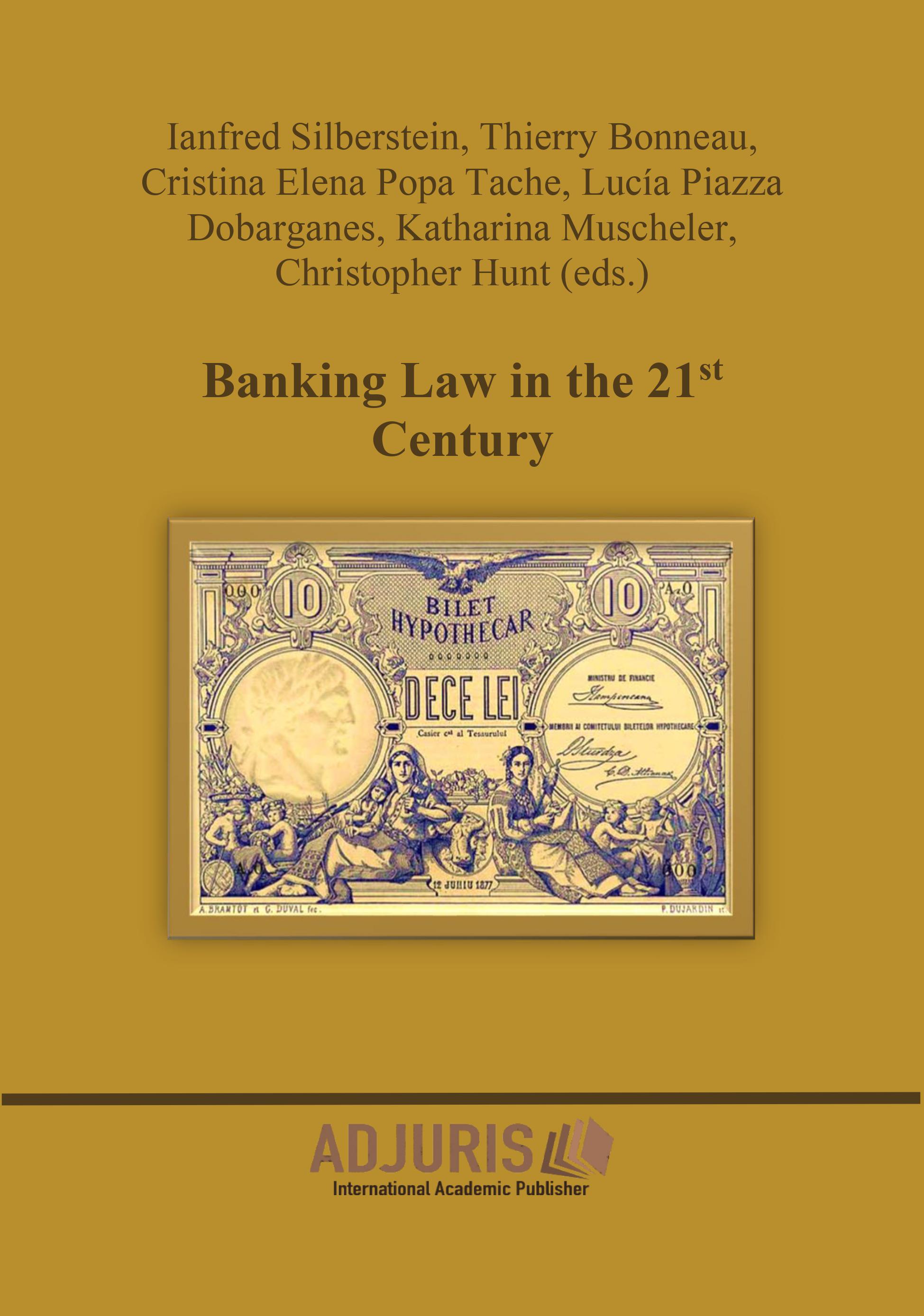Intensification of the anti-money laundering (AML) regulation and its negative impacts on payments industry
Intensification of the anti-money laundering (AML) regulation and its negative impacts on payments industry
Author(s): Marek Bočánek
Subject(s): Law, Constitution, Jurisprudence, Criminal Law, Law on Economics
Published by: Societatea de Stiinte Juridice si Administrative
Keywords: Money laundering; compliance; AML/CFT; FATF; 5th AML Directive;
Summary/Abstract: New regulatory approaches in relation to money laundering have come with significant changes to the payment environment and affected entities within the industry markedly. Albeit this approach found justification and was enriched by terrorism financing regulations since 2001, such extraordinary pressure placed on banks has now resulted in a highly conservative stance taken by credit institutions towards their existing or new clients, namely due to their stringent risk-based approach. The objective of this article is to point toward the options of banks working together with clients rated as high-risk, instead of discriminating against them. Methods applied in this article will consist of analysis and synthesis or comparison of information obtained with subsequent deduction. The result of this study is the demonstration of options that may be applied instead of purely sanction-like approach. Thus, a more motivating system for businesses or certain industries may be formed, supporting the development thereof.
Book: Banking Law in the 21st Century
- Page Range: 145-161
- Page Count: 17
- Publication Year: 2021
- Language: English
- Content File-PDF

